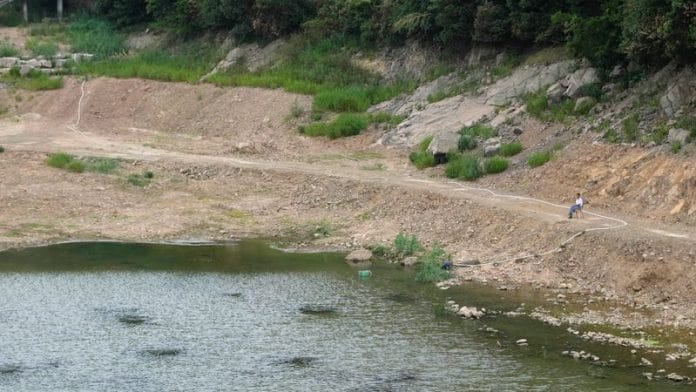Singapore: Climate-related disruptions to the crucial Hindu Kush-Himalayan water system are posing risks to economic development and energy security in 16 Asian countries, and concerted action is needed to protect regional water flows, researchers said on Wednesday.
The basins of the 10 major rivers that flow from the Hindu Kush-Himalayan water towers are home to 1.9 trillion people and generate $4.3 trillion in annual GDP, and climate change impacts like glacial melt and extreme weather are already posing “grave threats”, the China Water Risk think tank said.
The researchers warned that all rivers would face “escalating and compounding water risks … if we are unable to rein in emissions,” and that the further construction of water-intensive energy infrastructure was aggravating the problems.
The 10 rivers include the Ganges and the Brahmaputra running into India and Bangladesh, China’s Yangtze and Yellow rivers as well as transboundary waterways like the Mekong and the Salween.
They support almost three quarters of hydropower and 44% of coal-fired power in the 16 countries, which also include Afghanistan, Nepal and Southeast Asia.
As much as 865 gigawatts (GW) of power capacity along the 10 rivers is considered vulnerable to climate risk, with most of it reliant on water. More than 300 GW – enough to power Japan – is situated in regions facing “high” or “extremely high” water risks, the researchers added.
China’s Yangtze river basin, which supports around a third of the country’s population and around 15% of its power capacity, experienced a record-long drought last year, with plummeting hydroelectric output disrupting global supply chains.
Since the drought, governments approved dozens of new coal-fired plants to allay future hydropower disruptions. However, coal-fired power also needs water and the surge in capacity in China and India could further aggravate shortages.
As climate risks mount, countries are under pressure to draw up policies that ensure the “dovetailing” of energy and water security, the researchers noted.
“As power choices can impact water and the lack of water can strand power assets, water security should decide energy security,” they said.
(Reporting by David Stanway; Editing by Stephen Coates)
Disclaimer: This report is auto generated from the Reuters news service. ThePrint holds no responsibility for its content.
Also read: Climate activists disrupt European business jet event demanding a ban






